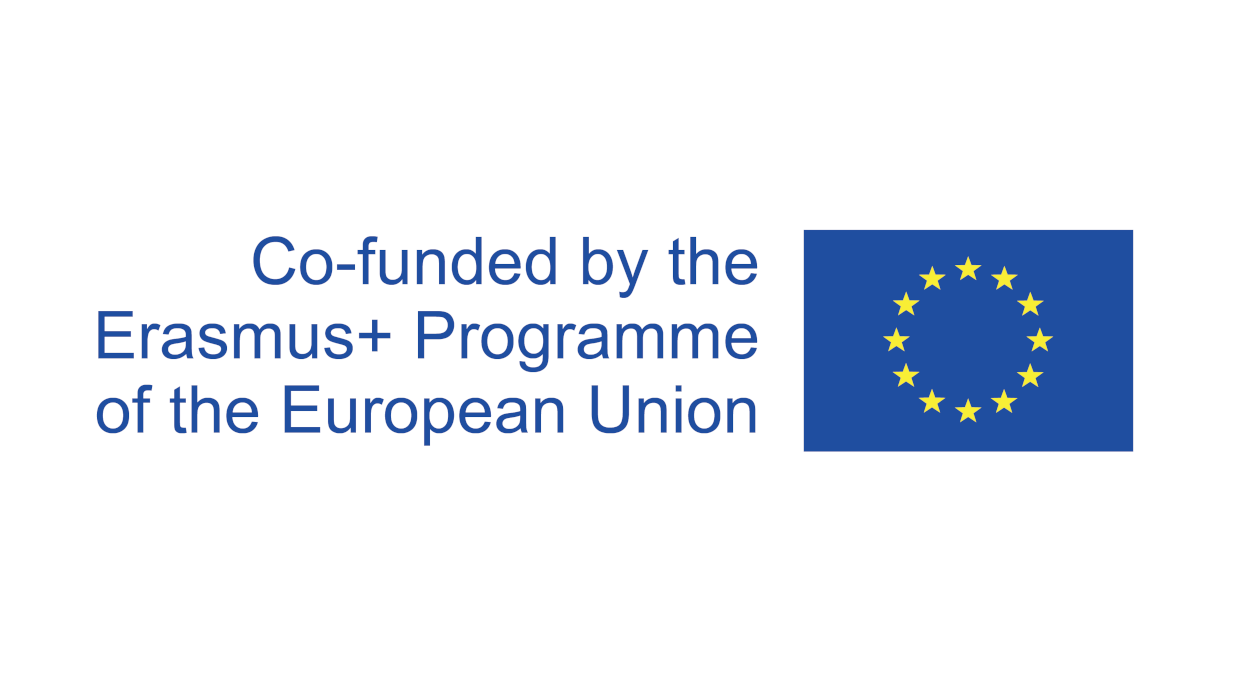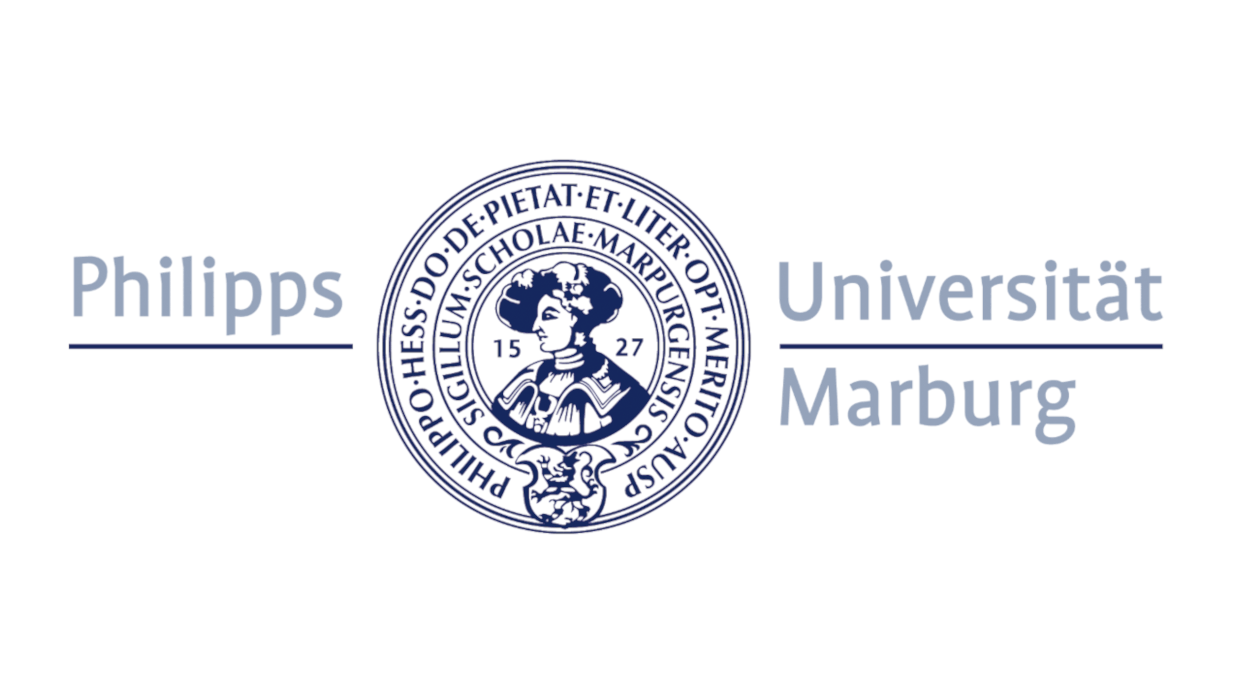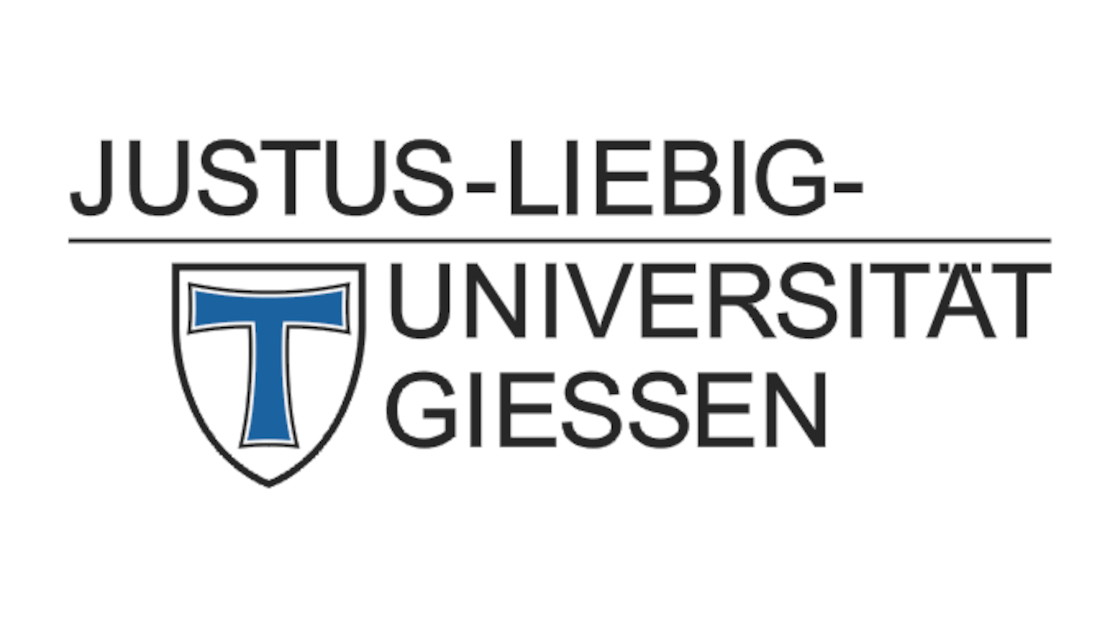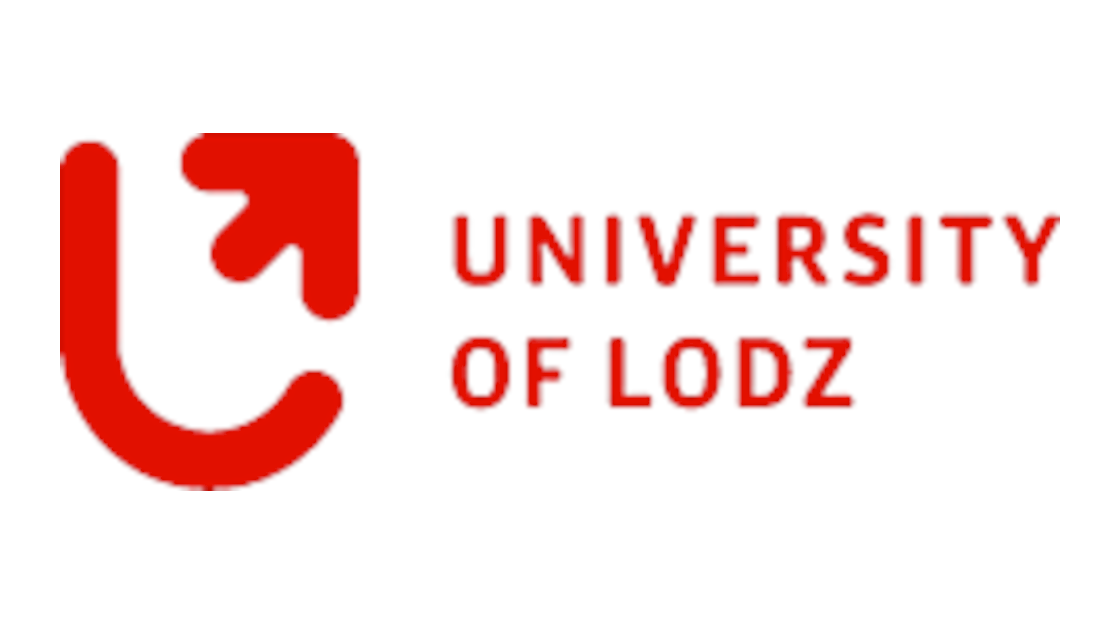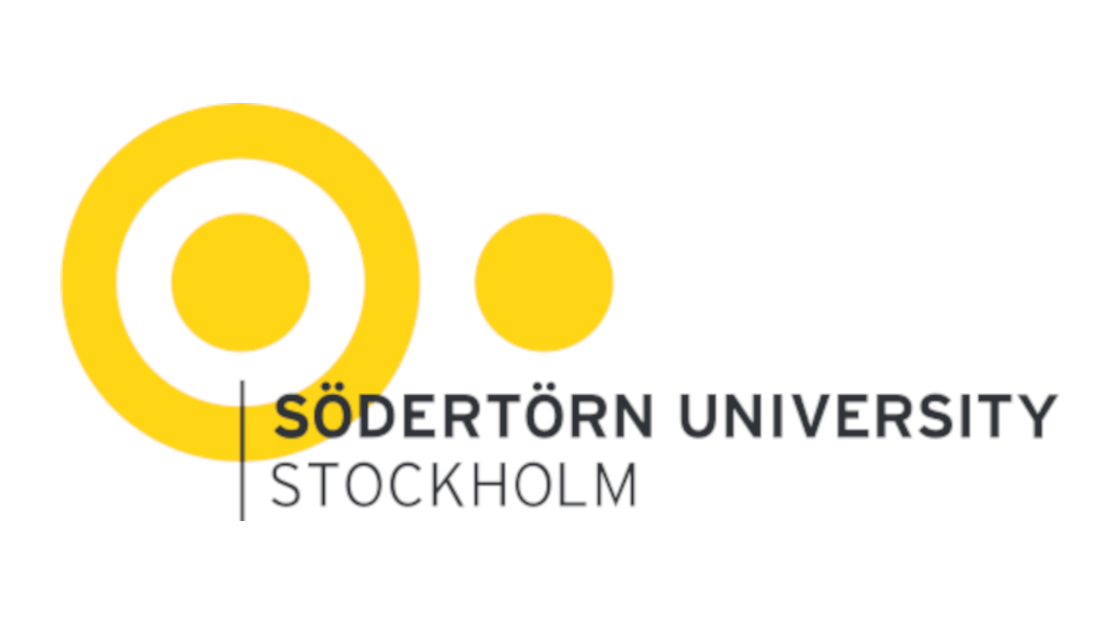Main Content
The Peacebuilding Dilemma: a Crisis Intervention Simulation of Conflict Management in Cyprus

Peacebuilding and human rights are both components of sustainable conflict management. But both, peacebuilding and human rights face a fundamental dilemma when used as concepts of managing conflicts: while concepts of peacebuilding shape the approach of international organizations, human right discourses inform the work of national and regional (civil society) actors. In this Crisis Intervention Simulation (CRIS) participants discover the challenges of navigating conflicts in this area of tension by taking on the roles of international and national organizations.

Cyprus Conflict
The Cyprus conflict, a longstanding dispute between Greek and Turkish Cypriots, is at the center of CRIS. It originated in the mid-20th century, with Greek Cypriots seeking union with Greece and Turkish Cypriots advocating for autonomy. The conflict escalated in 1974, resulting in the division of the island. The Republic of Cyprus governs the south and is recognized internationally as the sovereign state Cyprus, while the Turkish Republic of Northern Cyprus is recognized only by Turkey. Reunification efforts have been ongoing, including prior to Cyprus joining the EU as part of the first Eastern enlargement in 2004, but challenges persist. The conflict has had profound social, economic, and political impacts, with hopes for a peaceful resolution and a united future for Cyprus.
For the participants of the simulation, CRIS is an impressive experience. As part of the CRIS, we take the real conflict situation in Cyprus as a starting point. In the simulation, students take on the role of organizations that must jointly respond to events connected to the conflict in Cyprus. What is special about this simulation is that there is no predefined role profile. Students develop their own, realistic role profiles through research and (potentially) interviews with representatives of the organization they represent. Then they act as representatives of their organization during CRIS and try to develop a plan of action for dealing with the conflict in Cyprus.
The approximately 30-40 participants of the course come from universities in Denmark, Germany, Poland, Sweden and Serbia. The course is the pilot version of a simulation that we are co-developing as part of the project "Simulating Human Rights in Peacebuilding (SHARINPEACE)". Colleagues from Marburg, Giessen, Stockholm, Odense, Lodz and Belgrade developed the concept and run the course. SHARINPEACE is accompanied by a Student Advisory Board. As a pilot, the simulation will be something of a "beta version" of the final simulation course we are co-developing in SHARINGPEACE. The joint teaching and learning experience in this winter semester will not only advance participant learning but also the further development of the course.
Inhalt ausklappen Inhalt einklappen Intended Learning Outcomes
At the end of the course, participants will be able
1) to explain the main features of the conflict in Cyprus and the peacebuilding organizations operating there
2) to name the fields of work and possibilities of action of the peacebuilding organizations involved and to analyze them in the form of an actor mapping
3) to reflect on the use of peacebuilding by international organizations and the local references to human right discourses in conflict management in Cyprus
4) to explain the interplay of interest representation, public policy and diplomacy and to reflect critically on one's own role in this interplay.Inhalt ausklappen Inhalt einklappen Preparatory Courses
In order for the experience of playing CRIS to be successful for all participants, it is necessary that the participants prepare themselves and through joint lectures in terms of content. On the one hand, the focus is on the terms "peacebuilding" and "human rights" and how they are used. Important for course understanding is the so-called "local turn" in peace and conflict research. On the other hand, it is about the basics of the Cyprus conflict and the organizations involved in the peace process.
Time Frame
The course including the simulation will take place between 17.10.2023 and 20.02.2024. All events will take place online via MS Teams provided by the project partner Uniwersytet Łódzki. All times are Central European Time (CET).
- 24.10.2023: Introduction to the course: getting to know the topic and its context (14:00-16:00)
- 31.10.2023: Peacebuilding and Human Rights: challenging relations (14:00-16:00)
- 07.11.2023: International interventions in conflicts: NGOs and their roles in peacebuilding (14:00-16:00)
- 14.11.2023: Media coverage: the complexities of contemporary communication (14:00-16:00)
- 28.11.2023: Guest lecturers on the Cyprus case (14:00-16:00)
- 05.12.2023: Guest expert from the praxis: lecturer: peacebuilding organizations and their representative the in Cyprus (14:00-16:00)
- 12.12.2023: Simulation part #1 (14:00-18:00)
- 14.12.2023: Simulation part #2 (14:00-18:00)
- 13.02.2024: De-Briefing part #1: Peacebuilding (14:00-16:00)
- 20.02.2024: De-Briefing part #2: Interplay of Organizations (14:00-16:00)
Inhalt ausklappen Inhalt einklappen Approach of the seminar
During the Crisis Interventions Simulation (CRIS) on 12.12. and 14.12.2023, participants take on the roles of organisations such as United Nations Peacekeeping Force in Cyprus (UNFICYP) or European External Action (EEAS). The participants cooperate in multinational teams, i.e. the groups are composed of students from different universities. These groups will be drawn by lot. Each group will have an interview with the representatives of the organization they represent in CRIS. Before the actual simulation in December, there are mandatory online events for all participants. These serve to prepare for CRIS.
Inhalt ausklappen Inhalt einklappen Participation
Approximately 5 to 8 participants per partner in the SHARINPEACE network will be able to participate in this pilot event. The partners suggest the participants or there are open calls at the individual locations. It must also be clarified on site with the participating universities whether participation in this course will be credited to the participants' own degree programmes. All participants receive a certificate of participation at the end of the course.
